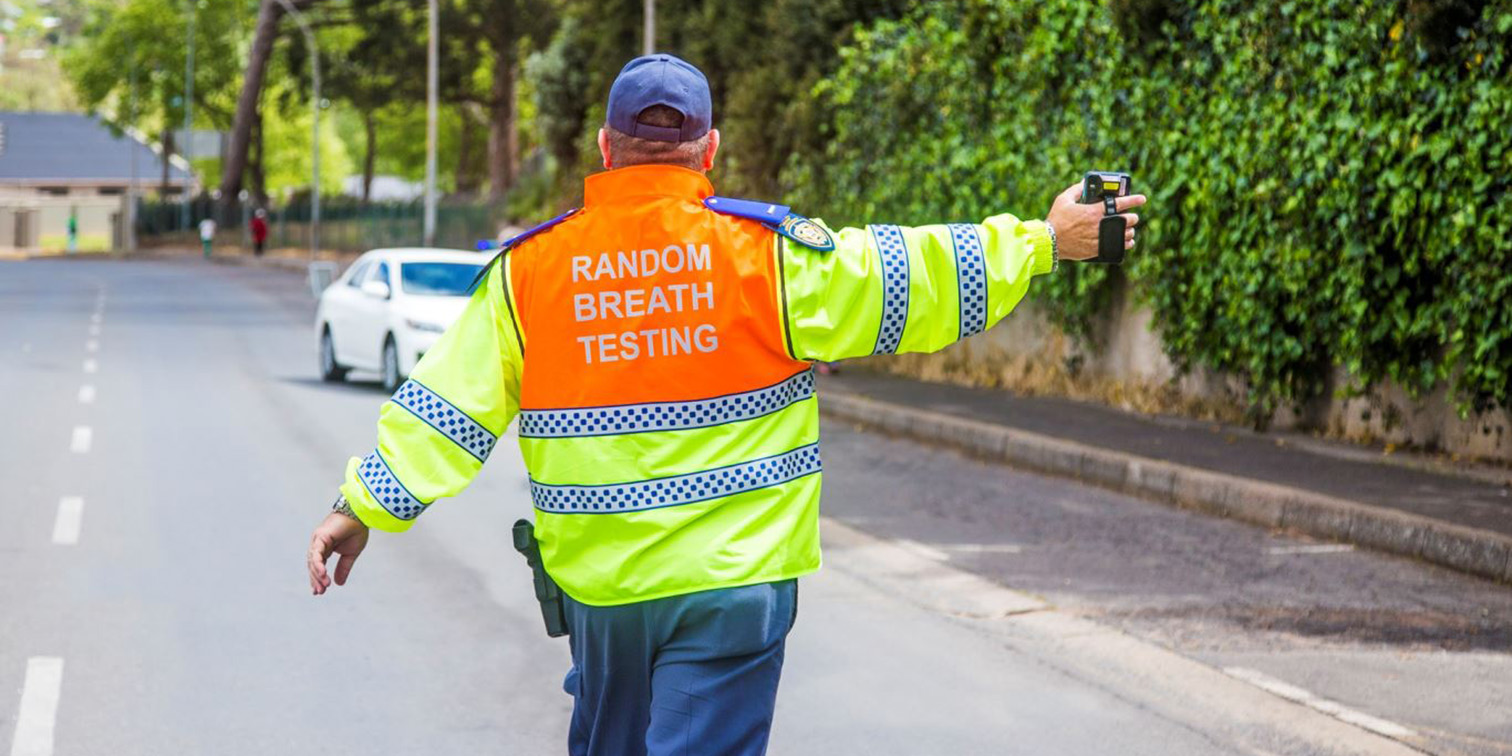While the festive season is a time filled with merriment and cheer, it is also a period when motorists are tempted to drive under the influence, which has led to an increase in drunken driving arrests across the country.
Transport minister Sindisiwe Chikunga urged all road users to “behave on the roads” and to “avoid drinking under the influence of alcohol” after she led the Festive Season Road Safety Awareness Campaign at the N3 Heidelberg Weighbridge in Johannesburg on 20 December.
The campaign forms part of a series of governmental initiatives that attempt to curb irresponsible driving behaviour during this festive season, following an increase in traffic volumes and road accidents on South Africa’s roads.
The Western Cape recorded a 312% increase in drunken driving-related arrests in one week of December. Over the week of 4 to 10 December and the week of 11 to 17 December, arrests rose from 25 cases to 103.
In Cape Town, the city’s traffic services reported that their worst offender was found to be over nine times the legal limit.
The 50-year-old man was arrested at a vehicle checkpoint in Manenberg at 10.35am on Sunday, 17 December, after Cape Town officers conducted a Breathalyser test.
This was according to Maxine Bezuidenhout, spokesperson for the City of Cape Town Traffic Services.
In the same week, KwaZulu-Natal’s Road Traffic Inspectorate arrested a woman in Pietermaritzburg whose blood alcohol level reached five times the legal limit, while 10 motorists were arrested for drunken driving in the Eastern Cape after being stopped at a roadblock near Port St Johns on 16 December.
Read more in Daily Maverick: From driving under the influence to reckless behaviour, Nicro helps road offenders change their ways
“Gauteng, KwaZulu-Natal, Eastern Cape, Western Cape, Limpopo and Mpumalanga will receive focused attention this year with the time deployment of traffic officers and road safety activations,” said Chikinga at the launch of the 2023/2024 Festive Season Road Safety Campaign in Ekurhuleni on 26 November.
The Gauteng MEC for Transport and Logistics, Kedibone Diale-Tlabela, launched the Gauteng Festive Season Road Safety Campaign on 13 December.
The Western Cape has also ramped up its traffic safety operations with the deployment of close to 600 traffic officers across the province, said Rebecca Campbell, spokesperson for Western Cape minister of mobility.
“Each district has a comprehensive programme of daily operations. These include patrolling routes, enforcing speed limits, checking vehicle and driver safety, detecting drunk or tired drivers, passenger overloading, and seat belt usage,” she said.

Trends at a national level
Between 35% and 40% of South African road deaths are pedestrians, said Arrive Alive advocate Johan Jonck. Prohibiting drunken driving is essential to ensure that drivers are alert to their surroundings at all times, he said.
“We are sadly a nation that counts among the highest in alcohol consumption,” said Jonck.
“We need a combination of interventions — creating awareness is one of those — effective enforcement across all our provinces and alerting the public to this is perhaps the most important intervention needed.”
According to national figures released by the South African Police Service (SAPS) Annual Crime Statistics for 2023/2024, driving under the influence has significantly declined over the past 10 years.
The SAPS recorded almost 70,000 reports of driving under the influence in 2013 alone, while in the past three years, these figures have halved.
Jonck said that the increasing trends in alcohol consumption over the December festive season are of national concern and that they have to be taken seriously.
“We need to emphasise to the public that there will be consequences for reckless and drunk driving,” he added.
What about insurance?
Responsible driving will not only save lives but will also save drivers the hassle of fighting with insurance brokers — assuming they have a policy.
If a policyholder is involved in an accident and it can be proven that they had exceeded the legal alcohol limit, then this could be grounds to reject the accident claim, said Old Mutual Insure spokesperson Lizo Mnguni.
“If an individual has an accident with even a minimal amount of alcohol in their system, they may face challenges with their insurance coverage,” echoed Nkazi Sokhulu, CEO of iWyze Insurance.
“Insurance policies often contain clauses that exclude coverage for incidents involving the consumption of alcohol or drugs. However, the specifics can vary depending on the policy and the insurance company,” said Sokhulu.
The process of claiming after an accident where driving under the influence is suspected can become quite complex, said Sokhulu.
An insurer will typically conduct a thorough investigation to determine the circumstances surrounding the incident — this may include obtaining police reports, conducting interviews and gathering relevant evidence.
“If the insured is found to have been driving under the influence, the insurer may deny the claim based on policy exclusions related to impaired driving,” explained Sokhulu.
Responsible and sober driving remains the best way to ensure both personal safety and the integrity of one’s insurance coverage in this festive period, he said.
Consequences of being over the limit
First-time offenders whose blood alcohol levels are over the legal limit but below 0.08 grams per 100 millilitres may face a minimum fine of R2,000, licence suspension and, in some cases, may face jail time from anywhere between two and six years.
Repeat offenders or those who are found to have a blood alcohol content of over 0.08 grams per 100 millilitres could face more severe penalties, including harsher fines, extended licence suspensions and mandatory imprisonment.
In these cases, you will additionally acquire a criminal record, according to the SAPS. DM




